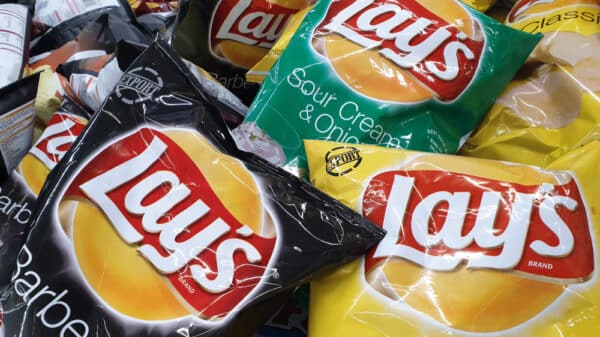In a dramatic turn of events, Indian exporters are reevaluating their strategies as they confront the fallout from US President Donald Trump’s recent imposition of a staggering 50% tariff on imports. This policy shift, aimed primarily at addressing trade imbalances, unravels a tapestry of business models built on American consumers’ appetite for affordable goods.
The Economic Impact
The repercussions of these tariffs extend far beyond immediate profit margins. Lalit Thukral, founder of the apparel exporting company Twenty Second Miles, likens the current crisis to the disruptions caused by the COVID-19 pandemic. “This is worse than Covid for us,” he remarked, underlining the unprecedented challenges facing smaller businesses in the sector. With skyrocketing import costs, many exporters are now forced to consider selling at a loss, throwing their operational viability into jeopardy.
Coping Mechanisms for Larger Firms
While smaller enterprises face existential threats, larger exporters are busily devising adaptive strategies. Gokaldas Exports Ltd., a major player in the Indian apparel industry, plans to ramp up production in countries like Kenya and Ethiopia, which are subject to significantly lower tariffs. The Managing Director, Sivaramakrishnan Ganapathi, mentions a noticeable surge in inquiries from American clients who are keen to source products from these African nations. This shift may signal a broader trend of reallocating manufacturing resources to mitigate rising costs—a move that could undermine India’s ongoing efforts to portray itself as a manufacturing alternative to China.
Policy Implications
The potential consequences of these tariffs are considerable. Analysts predict that the new levies could reduce India’s GDP by nearly 1%, not to mention the deep cuts it would enact on key export sectors, such as textiles, jewellery, and agricultural goods. These industries, reliant on competitive pricing, are now navigating a treacherous landscape where their survival hangs in the balance.
The central bank of India has openly defended the nation’s trade policies in response to Trump’s disparaging remarks about India’s economy. Businesses, however, are seeking clarity and predictability in policies, which have proven elusive as global trade dynamics continue to shift.
Rethinking Supply Chains
As a response to the grim outlook, companies are reevaluating their supply chains. For instance, the Tata Group’s Titan Ltd., known for its jewellery, is contemplating relocating part of its production to the Middle East to take advantage of lower duties on shipping to the US. Similarly, firms like Welspun Living Ltd. are exploring markets in Europe and Australia, aiming to diversify their sales channels and reduce dependence on the US market.
This pivot not only affects the immediate business landscape but also contributes to the erosion of Prime Minister Narendra Modi’s ‘Make in India’ initiative. The project aimed to position India as a formidable alternative in global manufacturing, but the ongoing uncertainty poses a direct challenge to this objective.
Industry Calls for Support
In the wake of these economic challenges, industry bodies representing affected sectors, including apparel and gems, are mounting appeals for government intervention. The Confederation of Indian Textile Industry has encouraged swift action to alleviate hardship among local exporters, while the Gems and Jewellery Export Promotion Council has requested duty drawbacks and support for working capital.
As the clock ticks down to the new tariffs taking effect, Indian exporters remain in a state of precarious limbo, caught between global geopolitical shifts and the pressing need for strategic adaptation. The next few months will be critical in determining their resilience and future in an increasingly competitive market.
Image Source: Unsplash




























